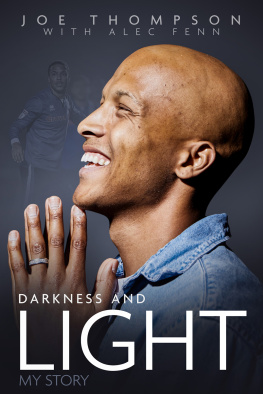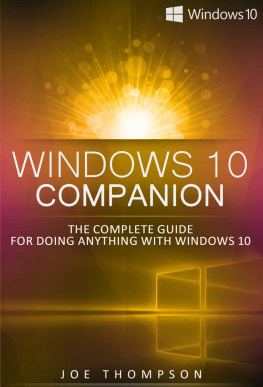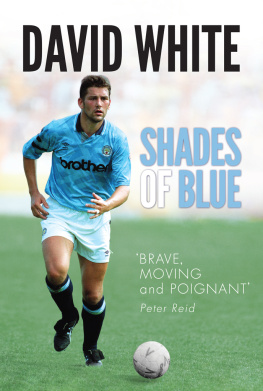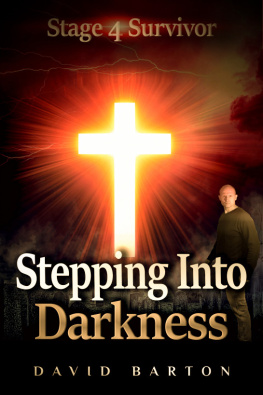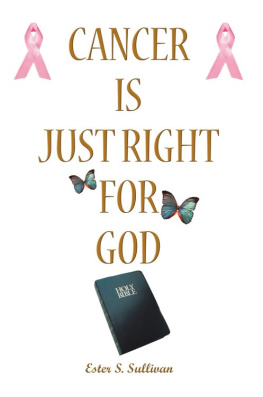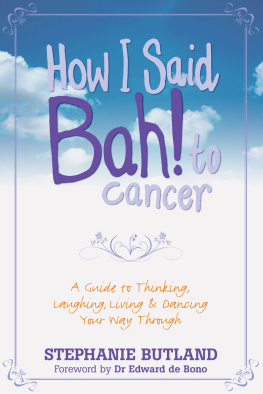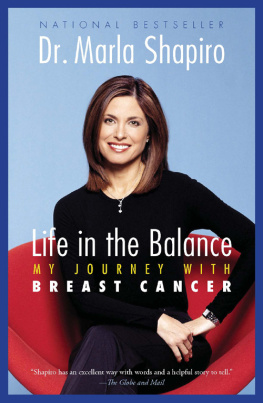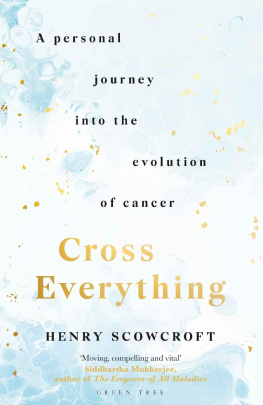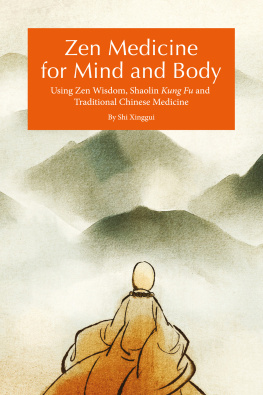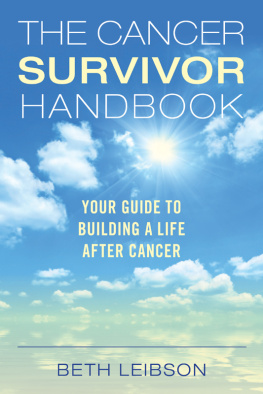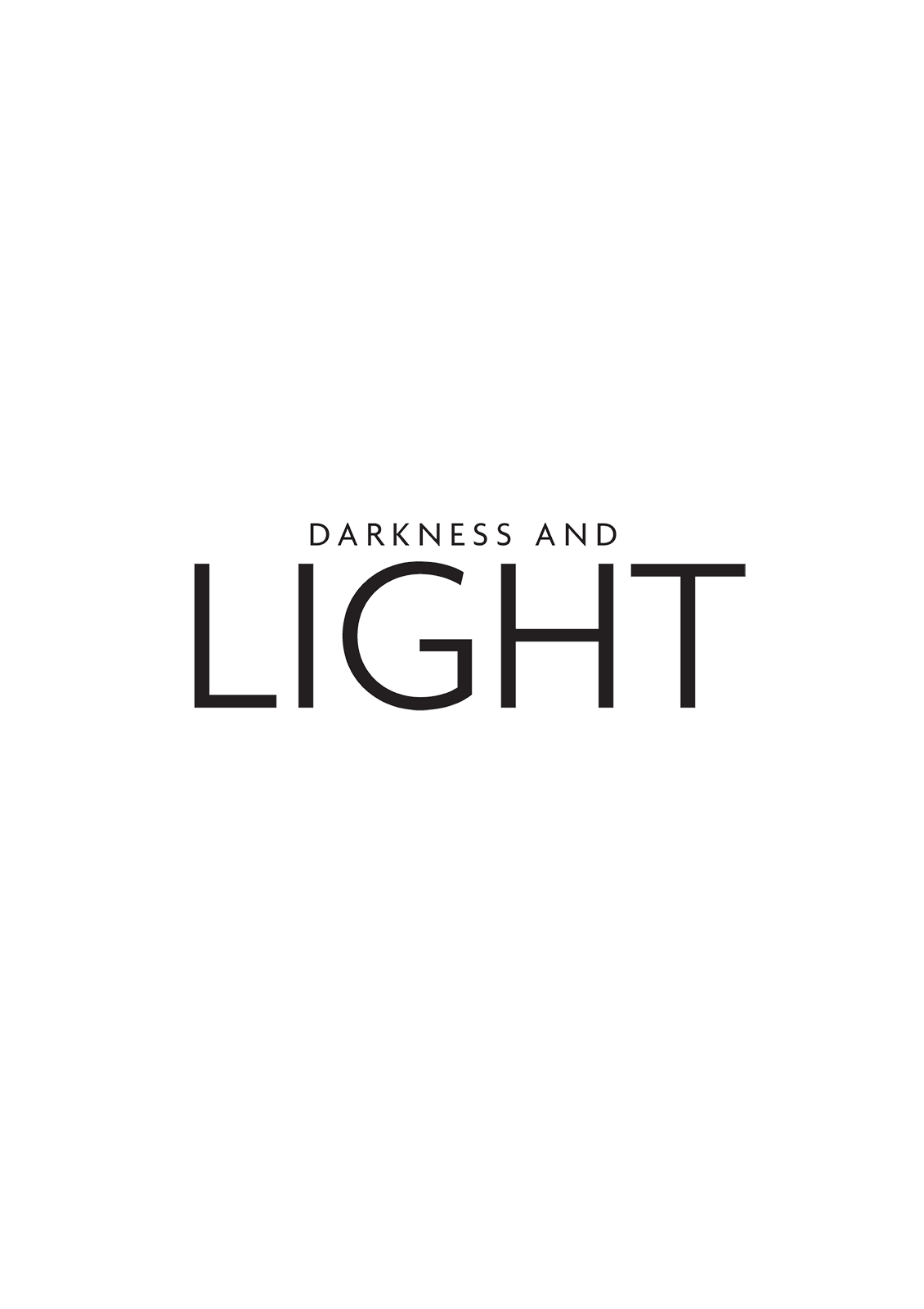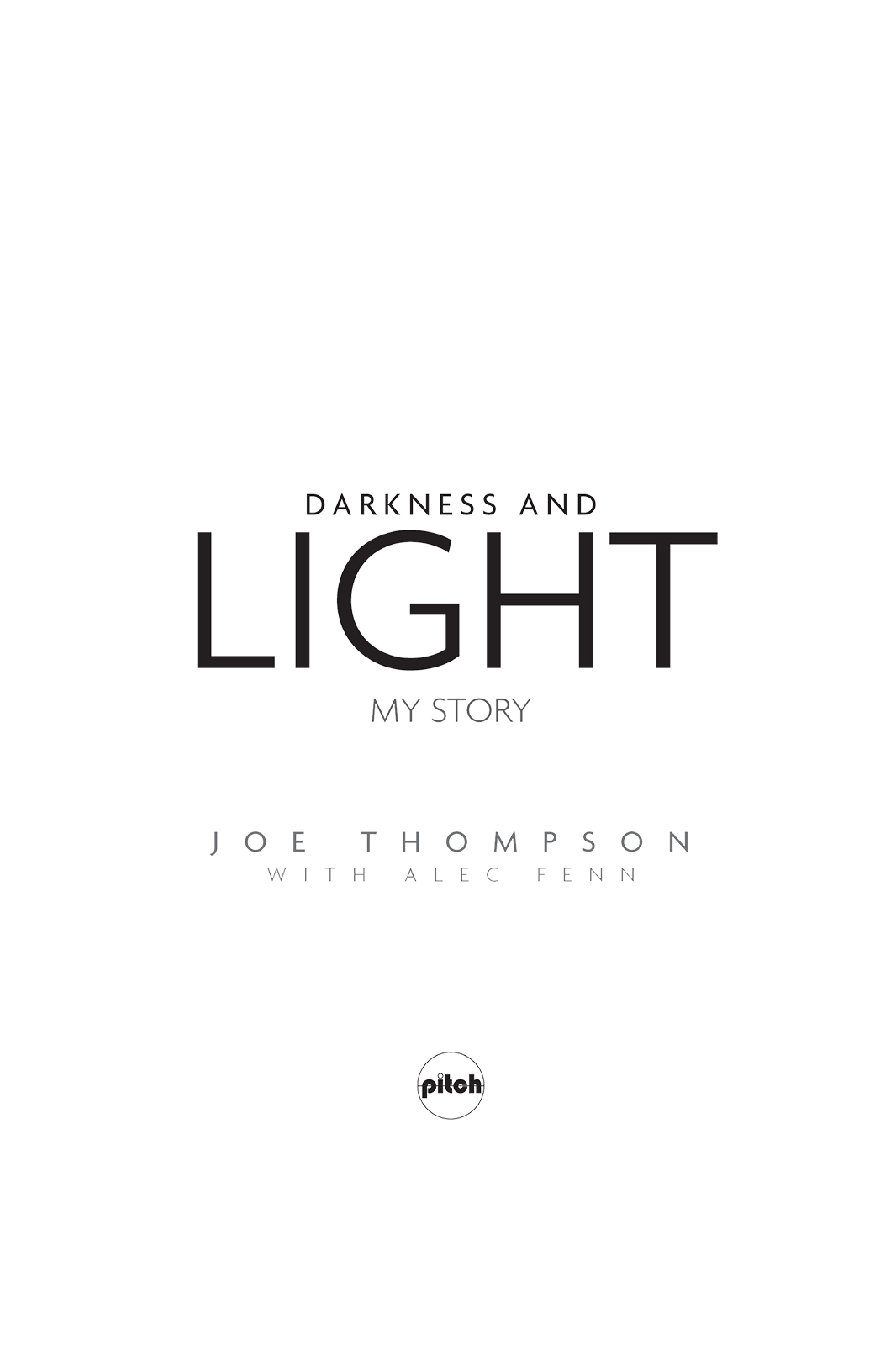First published by Pitch Publishing, 2018
Pitch Publishing
A2 Yeoman Gate
Yeoman Way
Durrington
BN13 3QZ
www.pitchpublishing.co.uk
Joe Thompson with Alec Fenn, 2018
All rights reserved under International and Pan-American Copyright Conventions. By payment of the required fees, you have been granted the non-exclusive, non-transferable right to access and read the text of this e-book on-screen. No part of this text may be reproduced, transmitted, downloaded, decompiled, reverse-engineered, or stored in or introduced into any information storage and retrieval system, in any form or by any means, whether electronic or mechanical, now known or hereinafter invented, without the express written permission of the Publisher.
A CIP catalogue record is available for this book from the British Library
Print ISBN 978-1-78531-451-3
eBook ISBN 978-1-78531-494-0
--
Ebook Conversion by www.eBookPartnership.com
Contents
Chapter 1
The patient
Y OU always remember where you were when darkness clouds your world. It was a Friday night and I was propped up in bed scrolling through Twitter on my phone when the news broke. Footballer diagnosed with cancer. I grabbed the TV remote and turned on Sky Sports, where the same message snaked its way across the yellow breaking news strap along the bottom of the screen.
Shit. My heart sank and my chest tightened. I turned the TV off, tossed the remote on the bed and sat in silence, alone with my thoughts. This time it wasnt my life that was in danger, but the pain still cut deep. I should have been ecstatic it was only four days since Id found out Id beaten cancer for the second time at the age of 28 but instead I was filled with sadness. I needed to see him and knew hed want to see me, too.
Three weeks later, I returned to Manchesters Christie Hospital, the scene of my two battles with cancer. The sights and smells were the same: the walls were bleach white, a blur of nurses walked up and down the wards tending to the sick, and the odour of antiseptic handwash filled my nostrils, sparking a thousand memories in my head. For once, I wasnt the patient; I was on the other side of the fence. I was a visitor who was there to try and help.
Wolves goalkeeper Carl Ikeme was rushed to hospital to begin emergency chemotherapy in July 2017 after a batch of routine blood tests during pre-season training revealed he was suffering from acute leukaemia. At 31, football may have saved his life, just as it did mine when I was diagnosed with cancer for the first time aged 24, after falling ill during two games in 2013.
Were both footballers, separated by just three years in age, but I wasnt there to talk about formations or dressing-room gossip. My outfit was tactical and so was my message. I wore my club tracksuit after undergoing a light 45-minute rehabilitation session at the hospital, at the start of my long road back to professional football. I wanted him to see with his own eyes that there was hope and that he could be in my shoes in a few months time.
You wouldnt have guessed he was the one with cancer. Carl is a mountain of a man, 6ft 4in tall, covered in tattoos, and as broad as a barn door. The nurses did well to find a bed big enough to fit him in. Me? I didnt recognise myself in the mirror. I looked like shit. Im 6ft 1in but weighed just ten stone, the same weight I was at 16. I lost two and a half stone while I underwent chemotherapy, which also stripped me of my hair, eyebrows and occasionally my dignity when hallucinations reduced me to a naked, quivering wreck.
Thats what most people struggle to come to terms with the slow, physical decline, dragging you down like quicksand. As a footballer, your body is your tool and you work with it every single day to try and become the perfect machine. For as long as I can remember, Ive exercised five, six, or even seven days a week. Ive eaten what I thought were all the right foods, stretched, shivered in ice baths, prioritised my sleep and rarely touched alcohol. Ive done everything right. Those are the sacrifices you make to give yourself a chance in the modern game.
If Carl is anything like me, he probably thought he was invincible, too. Young footballers in the prime of their lives dont get life-threatening diseases, it just doesnt happen. Except, it does. Cancer doesnt discriminate. It doesnt just pick on the old and frail; it attacks children, babies, middleaged mothers and fathers and even super-fit athletes. It has no respect for beauty, intelligence or love. It comes for whomever it wants, whenever it wants.
His mum wasnt visiting until an hour later, so we had time to have a chat between boys. How are you? he asked me with a smile. Im good, I replied. Its me who should be asking you. We soon realised we were very similar people. Were both from mixed-race families and come from a world where bravado provides a mask for weakness and much of the communication is delivered in the form of banter. Footballers are brilliant actors; when you first walk into a dressing room you are an outsider and your guard is high. You hide your insecurities at all times and, although youre part of a team, it can sometimes feel like its every man for himself.
Its the same when you have cancer. You put on a show of strength to let everyone think that youre OK, so they dont worry, when inwardly your mind and body are screaming in pain. But when youre lying in a hospital bed on deaths doorstep, there is no time for bullshit. You want the permission to show weakness and ask questions and you want the doctors to be brutally honest with you. I was sensitive to Carls battle, but I promised to give him an uncensored version of my experiences so he was prepared for what was to come.
His family is his world. He has a wife, Saba, and a little girl, just like me, but his missus was also pregnant with their second child. I knew before I arrived, but it still caught me off guard. I didnt feel qualified to talk about that sort of stuff. He was worried the stress of his illness could trigger a premature labour, and even if it didnt, there was no guarantee hed be well enough to be by his wifes side when she gave birth. He could also miss those first few months of her life when you bond with your baby.
I know this sounds cold, but I told him to be selfish in the months ahead. Hes from Birmingham, but I urged him to base himself in Manchester for the duration of his treatment, even though its an hour and a half away from his home, family and friends. Christie Hospital is a purpose-built facility for cancer patients, kitted out with the best facilities, technology and staff. I felt it would give him the best chance of winning his fight. Those who really cared about him would jump on a train or drive and make the effort to visit.
Im convinced that having a small army of close-knit family and friends around me gave me the mental boost I needed to beat cancer twice. The disease attacks the body, but it ravages the mind as well and thats the battle that people dont see on the outside. The treatment is draining, but moral support is like a tap, which fills up your mental reserves. The drip, drip, drip of visitors kept me positive during my lowest moments, even on the days when I didnt have the energy to mutter a response. There were times when my wife, Chantelle, my mum, Michelle, and brother, Reuben, kept me company while I drifted in and out of a medicated sleep.
Carl also had the support of the football world on his side, and I know how powerful that can be. Its a funny old business; team-mates, managers and coaches drift in and out of each others lives when they move clubs, but as soon as something serious happens they rally round. I remember when I was first diagnosed with cancer I received messages from players I hadnt spoken to for years and others that Id never even met. Its incredible how quickly people can get your phone number.

